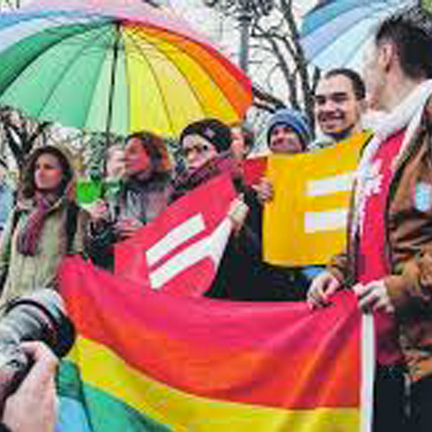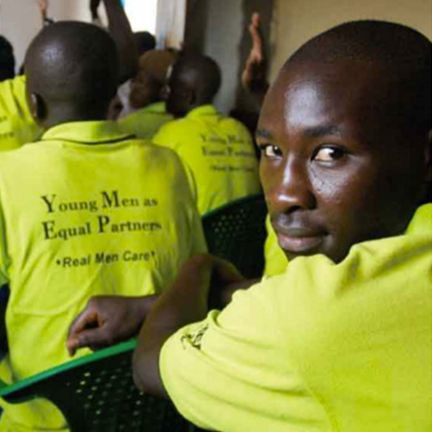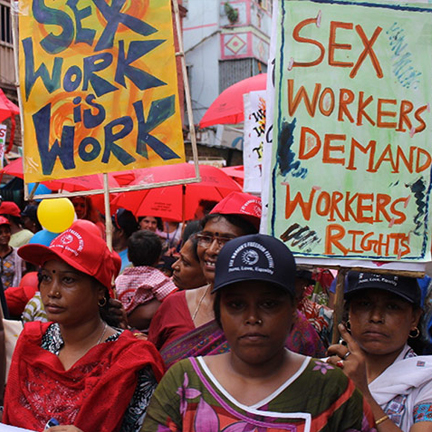Respect, Protect, and Fulfill Sexual Health and Rights
When sexual health and rights are violated, girls and women are unable to fulfill their potential. A world without fear, stigma, or discrimination drives equality and progress for all.
Sexual and reproductive health and rights is more than anatomy. It’s about identity, bodily integrity, pleasure and a person’s ability to choose if, when, and how many children to have. To uphold these rights, girls and women need access to accurate information and comprehensive health services including contraception, counseling, testing/treatment, and safe abortion care.
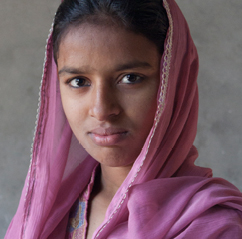
Need Evidence
and Strategies?
-
• The right to personal autonomy and bodily integrity
-
• The right to a safe, satisfying sexual life
-
• The right to live a sexual life free of discrimination
-
• The right to privacy
-
• The right to sexual health
-

25 million unsafe abortions take place each year due to restrictions on access and stigma
-

72 countries around the world criminalize same-sex sexual acts
-

Providing girls and women in developing regions with necessary sexual and reproductive healthcare would prevent 67 million unintended pregnancies
-

Net savings of integrating contraceptive services with maternal and newborn health services in the developing world
Investing in girls and women creates a ripple effect that yields multiple benefits, not only for individual women, but also for families, communities, and countries. Developing laws and policies that protect individuals’ sexuality, together with comprehensive sexuality education and stigma-free health services, greatly improves health and wellbeing. Integrating sexual rights into healthcare has a positive impact on HIV infection rates, mental health, and social equity.
Solutions in Action
-
Advocating for LGBTI Rights Through Tergo in Ukraine
As part of its LGBTI outreach in Ukraine, the NGO Fulcrum has established a support group called Tergo for parents of gay, lesbian, bisexual, and transgender people. The organization strives for parents to be advocates, both socially and politically, and works to combat attitudes of pervasive homophobia and transphobia within the country. Tergo recently organized an international networking conference, bringing together peer groups from Poland, Malta, Russia, Moldova, and beyond. Following the 2013 wave of human rights protests and civil unrest in Ukraine, the group became established civil society activists, providing political advocacy and individual support. -
Profamilia Promotes Sexual Health and Rights in Colombia
In Colombia, Profamilia, a member organization of the International Planned Parenthood Federation (IPPF), established a legal service for women to promote their sexual health and rights. Profamilia addresses issues such as discrimination, sexual orientation, abortion, STIs, informed consent, and gender-based violence. The organization uses human rights and law as tools to promote social change and advances partnerships among allies from the women’s movement, human rights organizations, and community-based groups. As a result of their work, the Ministry of Health has expanded guidelines for sexual and reproductive health services. -
-
The ‘Men are Changing’ Study
Within the IPPF research report, Men are Changing, a case study focused on promoting gender equality and positive masculinities for boys and men in Kenya, Zambia, Tanzania and Uganda demonstrated the importance of young men participating in the promotion of healthy sexual relationships, including safer sexual practices. The involvement of young men in sexual health and rights initiatives increased sexual and reproductive health promotion, use of sexual and reproductive health services, as well as use of HIV voluntary counseling and testing services. Additionally, the demand for sexual and reproductive health education and services grew, communication between young men and women improved, and the prevalence of STIs and school pregnancies across project areas decreased. -
The Sonagachi Project in Kolkata
The Sonagachi Project, in Kolkata, India, was an intervention project that sought to empower and protect sex workers and reduce their vulnerability to contracting HIV by creating social spaces for participation, community led projects and outreach, and organizing rallies and protests for rights and healthy behaviors. Interviews and focus groups with study participants revealed that a lack of control over material resources, exclusion from social participation, and a lack of control over their lives were key inhibitors to empowerment. The study surfaced strategies to reduce vulnerability of sex workers, including promoting the right to self-determination. The project has helped sex workers substantially increase control over their sexual health, as well as improve their living conditions and working environment; it also placed sex work issues on state and national policy agendas.
Policy Asks
-
Recognize — in policy, practice, and funding — the central role sexual health and rights play in health equity, human rights, and development, while ensuring the inclusion of these rights in all national and sub-national policies.
-
Stop using criminal law to control people’s sexual health and rights and adopt appropriate laws and policies that respect, protect, and
fulfill sexual health and rights for all, including adolescents and youth. -
Ensure that adequate legal systems upholding national policies focused on sexual health and rights are in place and establish a high-level governmental department for monitoring and accountability.
-
Establish comprehensive sexuality education in schools in accordance with recent international technical guidance from UNESCO, UNAIDS, UNFPA, UNICEF, UN Women, and the WHO.
-
Enforce the integration of sexual health and rights frameworks within all programs, emphasizing the importance of accessible, stigma free services for all, including marginalized groups, people living with disabilities, youth, and adolescents.
-
Ensure abortion is safe, legal, accessible, and affordable and that post-abortion care is available.
-
Ensure knowledge and implementation of the Minimal Initial Service Package (MISP) at the onset of every humanitarian emergency.
-
Engage men and boys in sexual health and rights initiatives.
Partner Resources
-
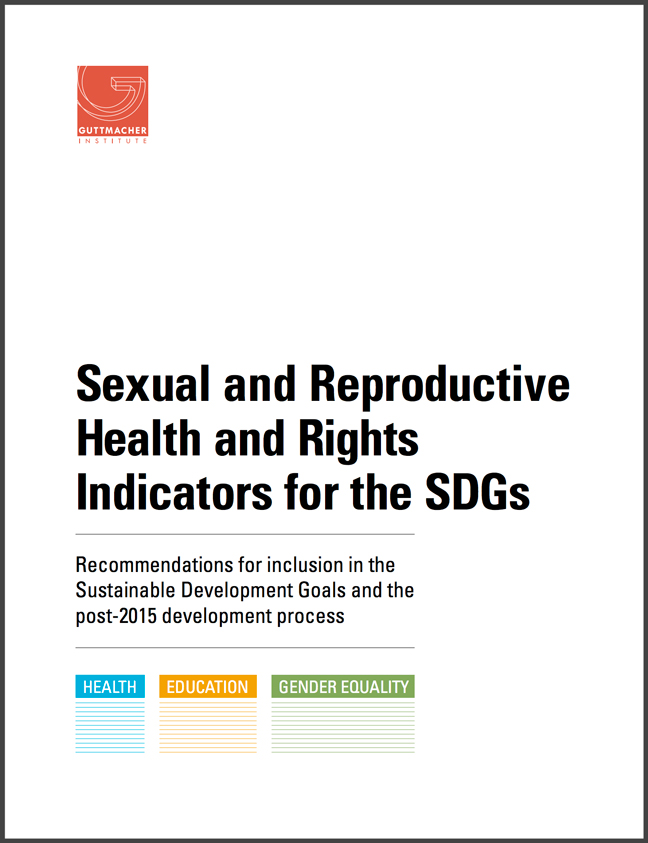
Guttmacher Institute
This report from Guttmacher Institute lays out a set of recommended indicators focused on the incorporation of sexual and reproductive health & rights
-
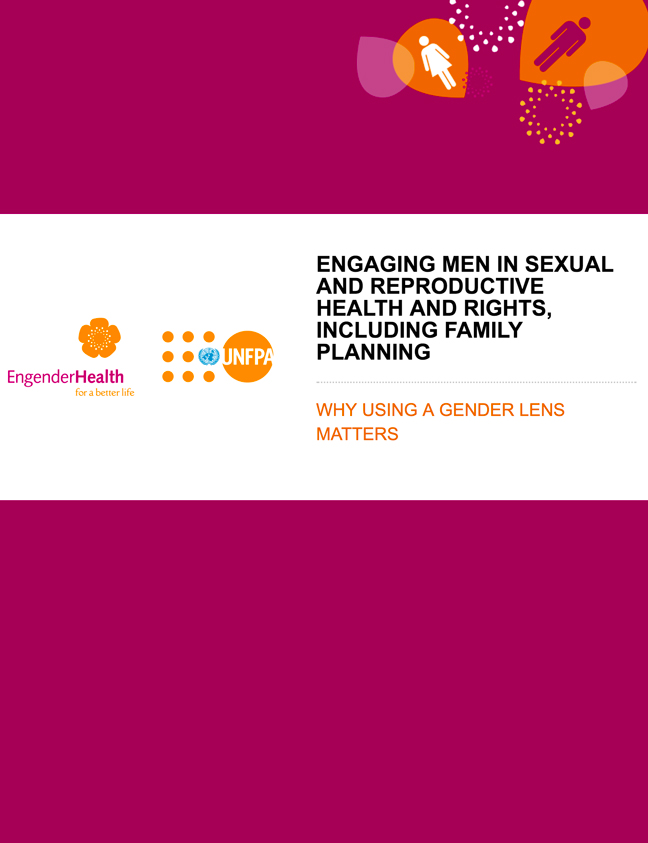
UNFPA & Engender Health
This guide is meant to provide guidance for those developing or managing a project or program to engage men in sexual and reproductive health
-
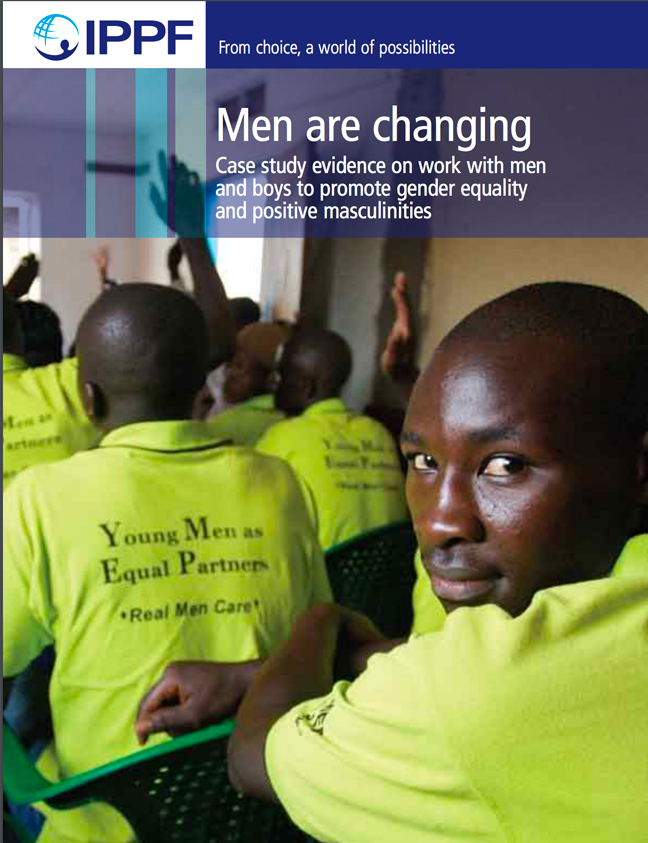
IPPF
This report describes and analyses 12 programs from around the world that seek to alter the attitudes and behaviors of men in relation to sexuality
-
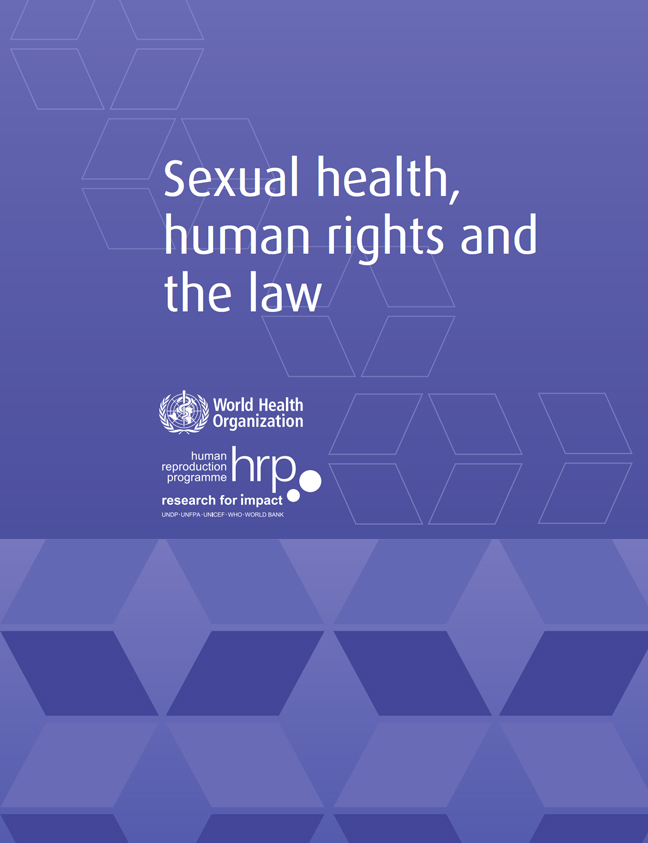
WHO
This report demonstrates the relationship between sexual health, human rights, and the law. Drawing from a review of public health evidence

